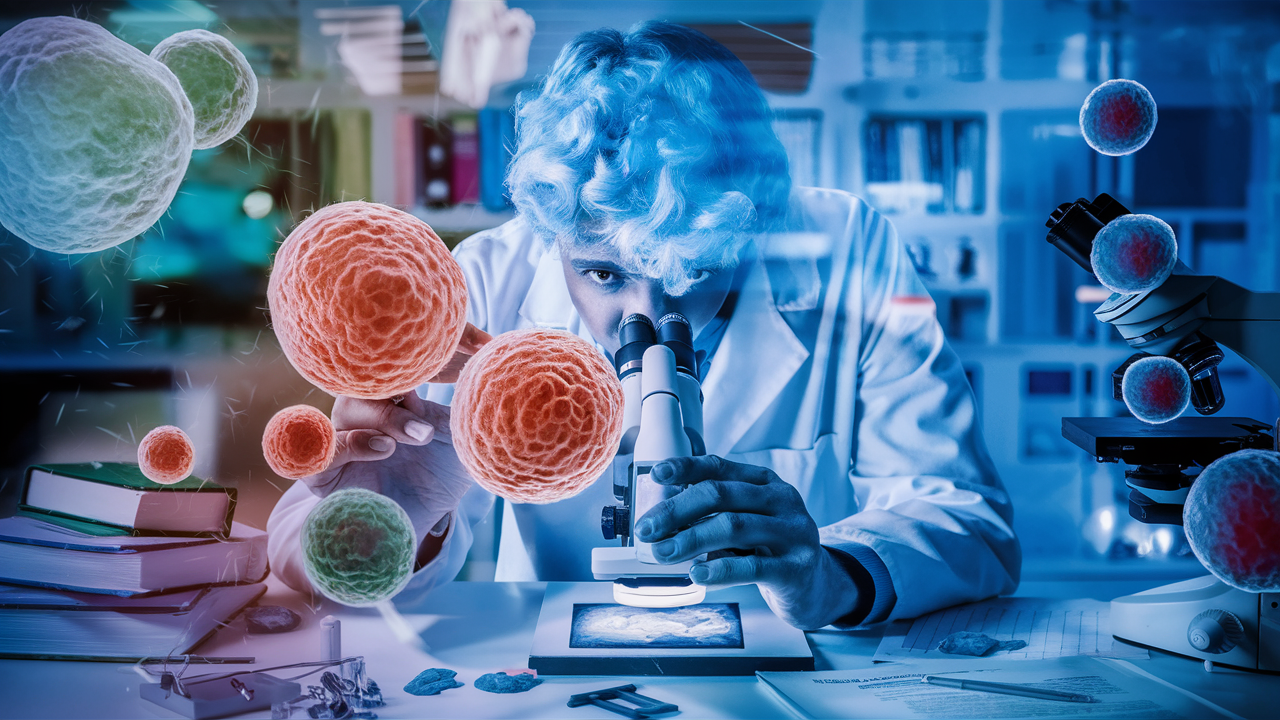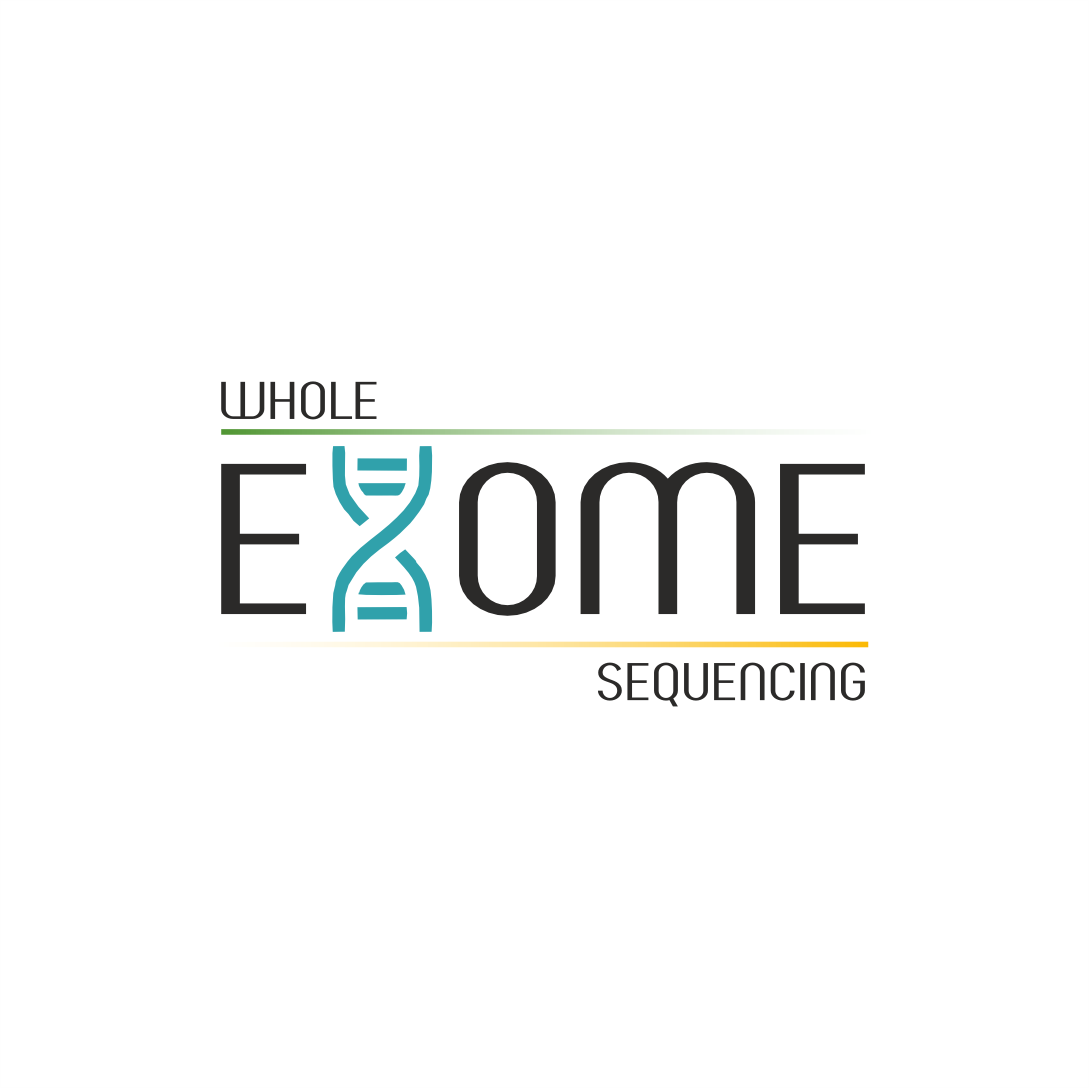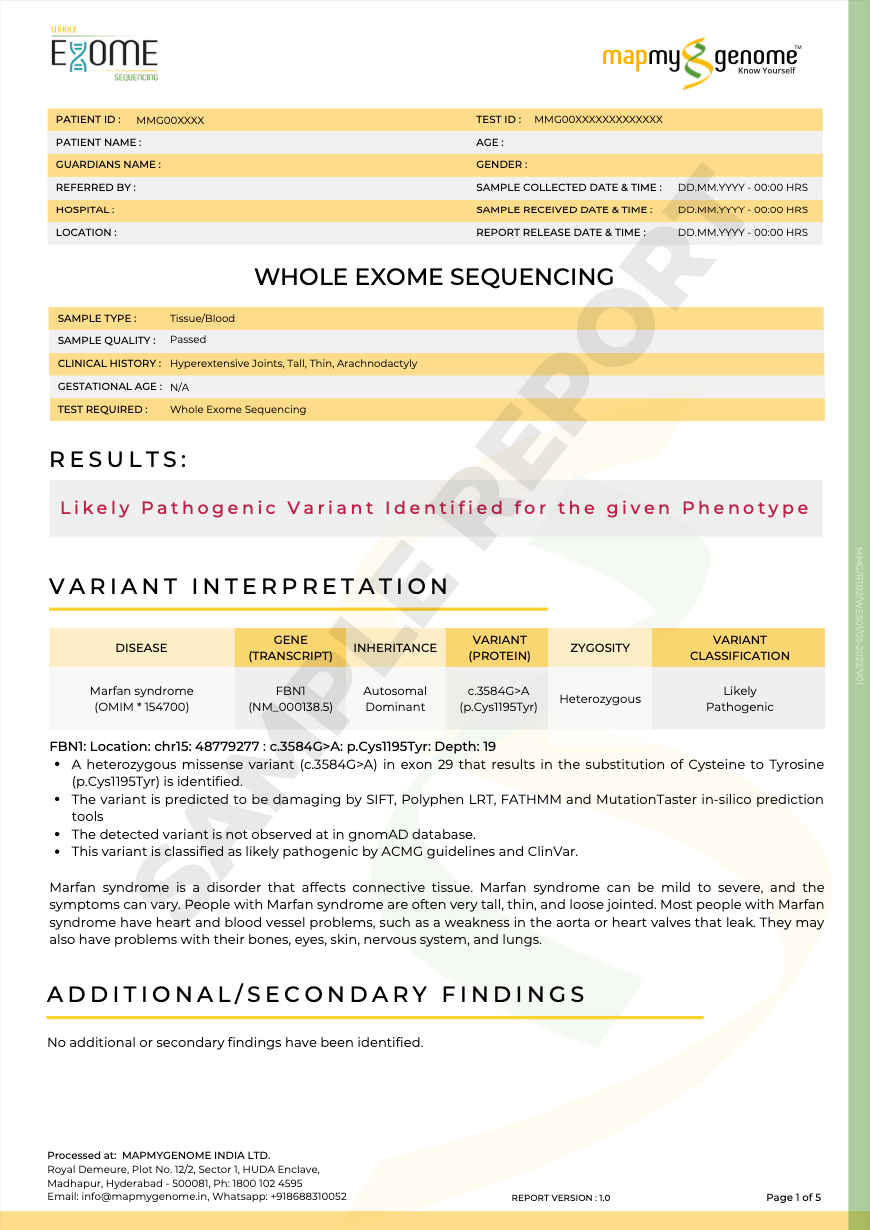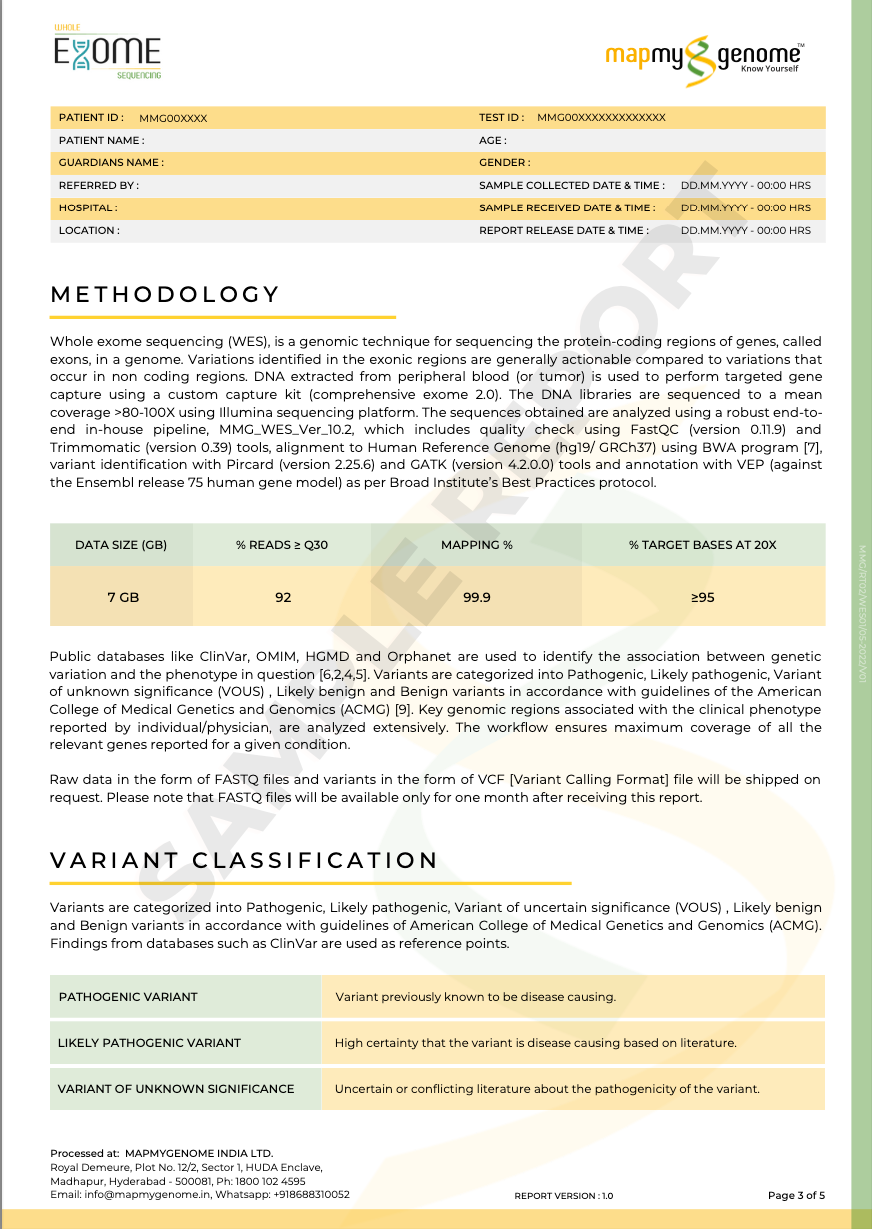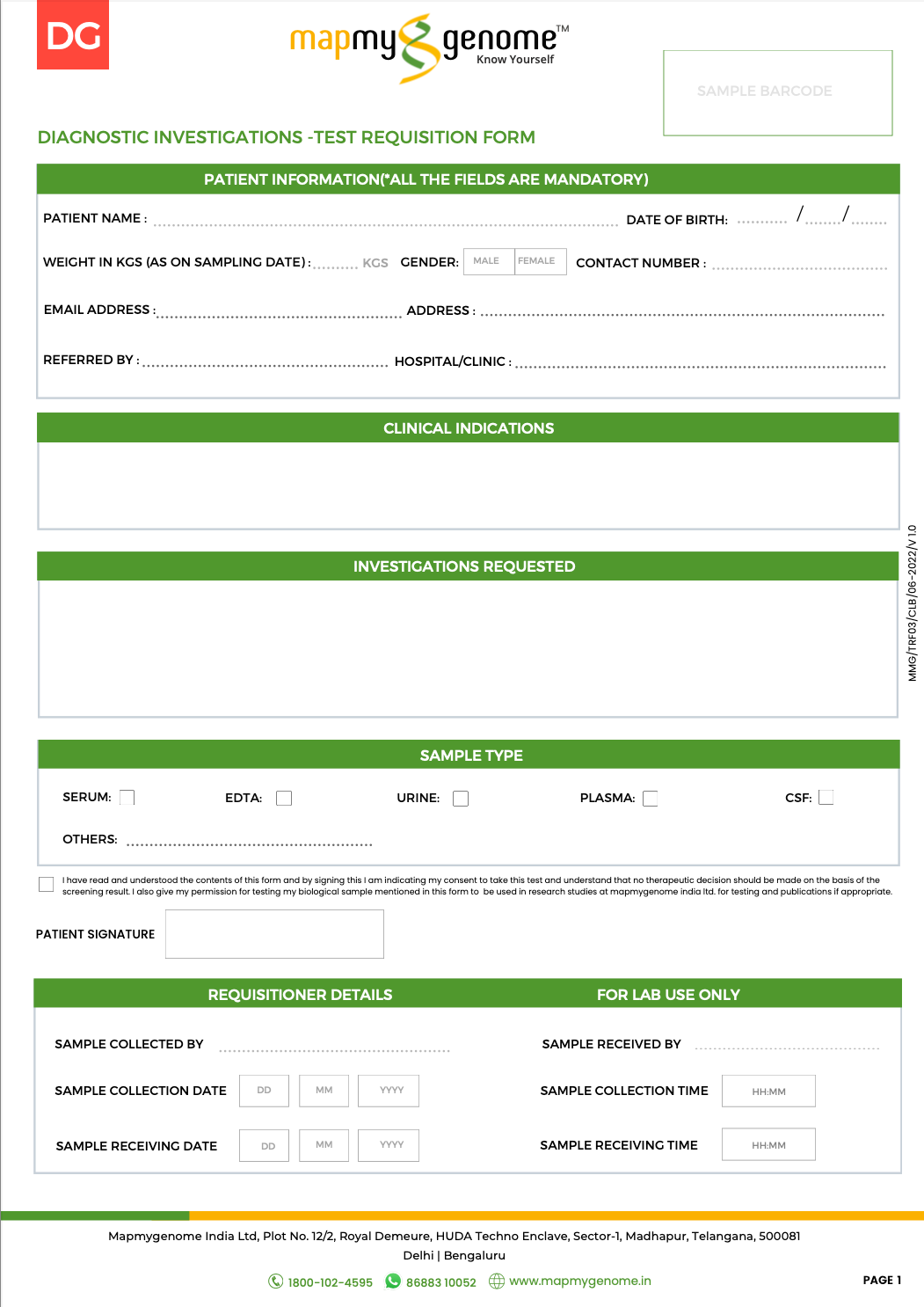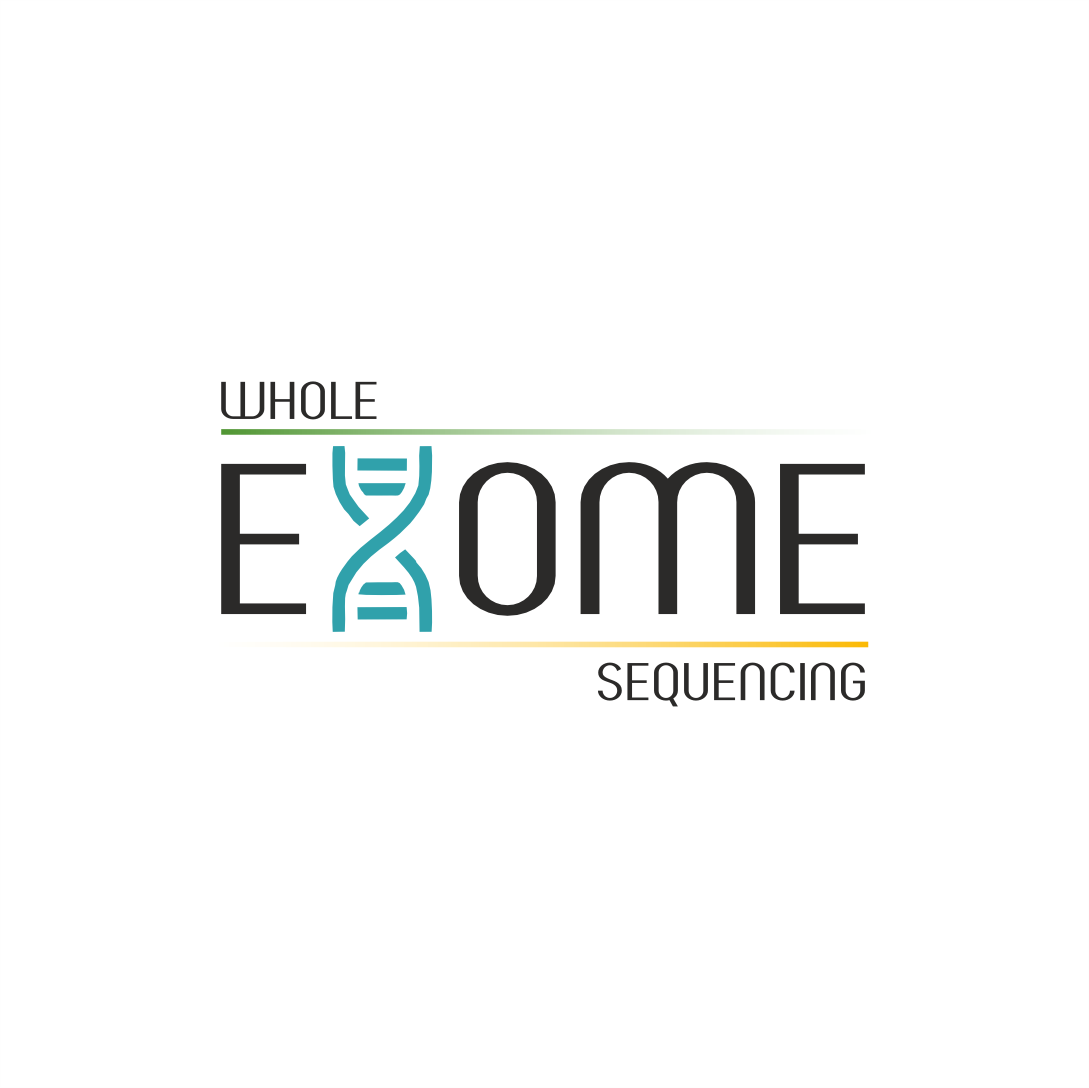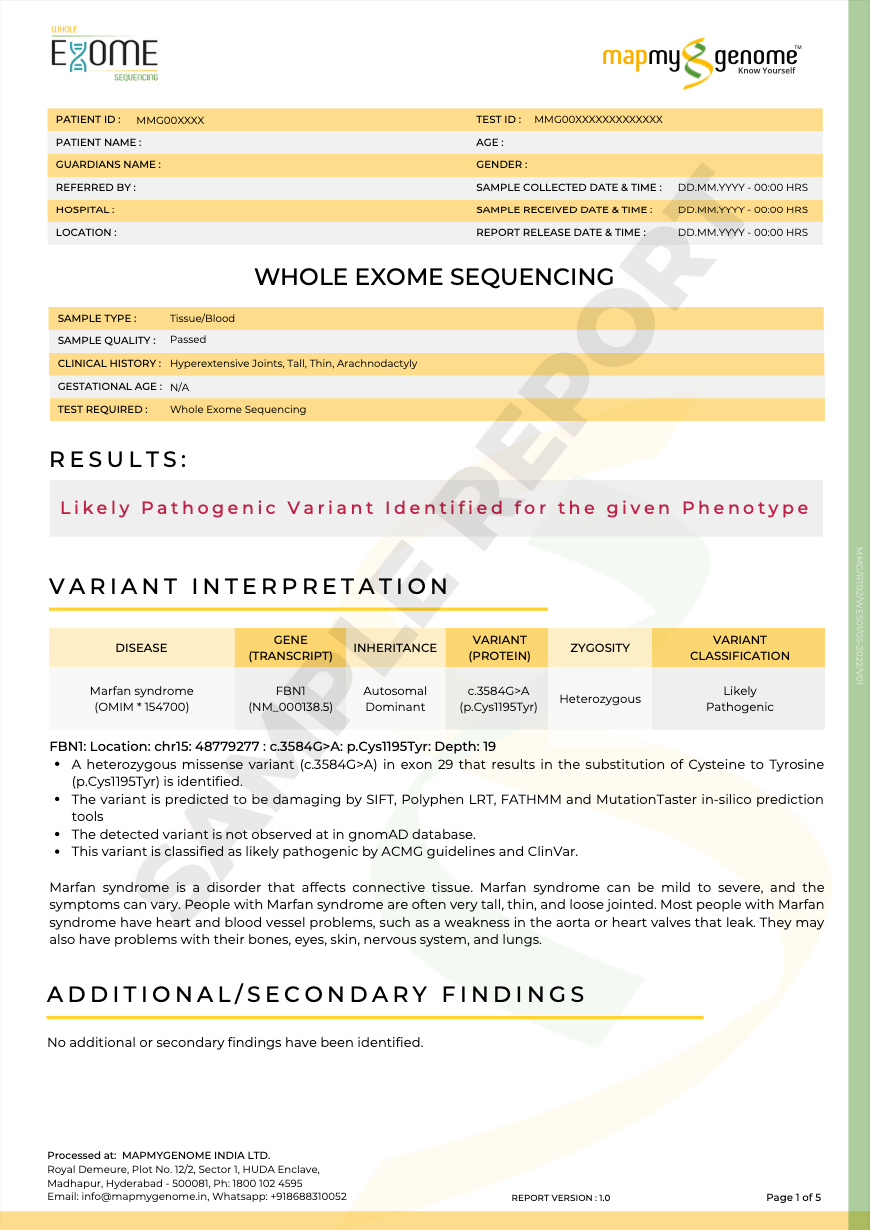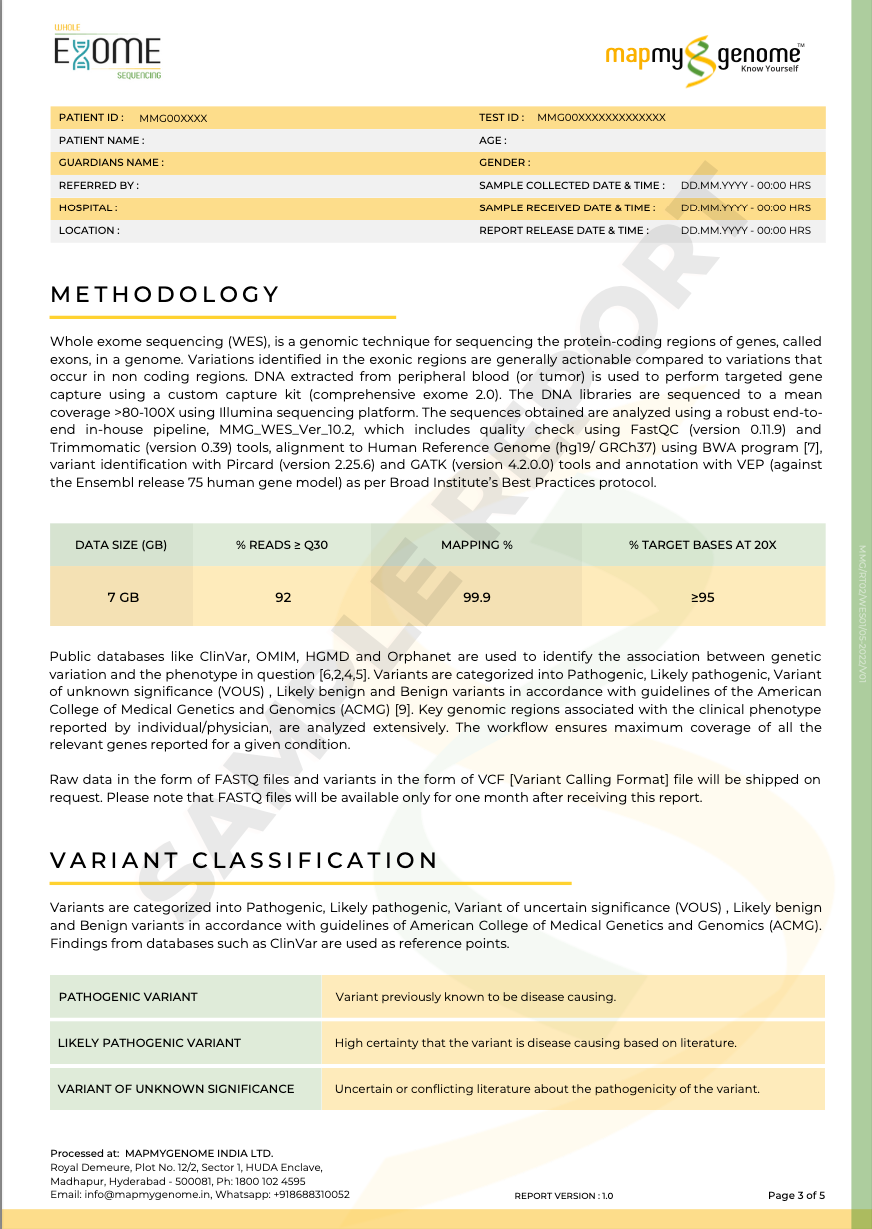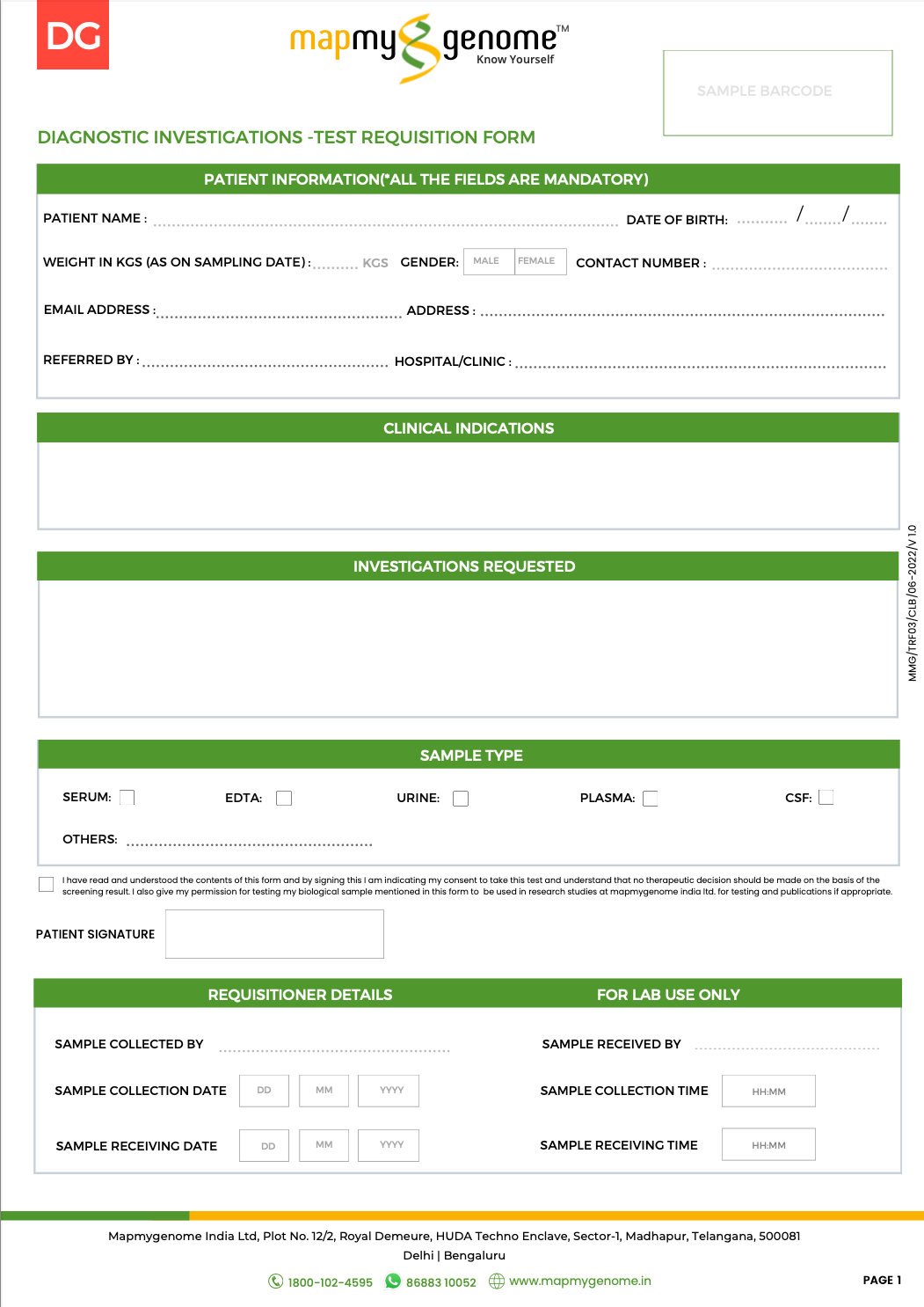When we think of diseases, common conditions like cancer, heart disease, and diabetes usually come to mind. However, there's a vast array of rare diseases that, while individually uncommon, collectively impact millions of people in India. Let's explore this often-overlooked aspect of healthcare and recognize that rare diseases can affect anyone, including well-known personalities.
What Defines a Rare Disease?
The definition of "rare" differs across countries. In India, a disease is classified as rare if it affects fewer than 1 in 2,500 individuals. This translates to around 60 million Indians living with rare diseases—a population larger than many countries!
Challenges of Rare Diseases in India
- Limited Data: There's a lack of accurate prevalence data, making it difficult to understand the true impact of rare diseases.
- Diagnosis Difficulties: Low awareness among healthcare professionals and limited diagnostic facilities often lead to delayed or missed diagnoses.
- Financial Strain: Treatments for rare diseases can be extremely expensive, pushing families into financial hardship.
- Social Stigma: Many rare diseases carry social stigma, resulting in isolation and discrimination.
Indian Celebrities and Rare Diseases
Several Indian celebrities have publicly shared their experiences with rare diseases, helping to raise awareness and reduce stigma:
- Amitabh Bachchan: The legendary actor has Myasthenia Gravis, a neuromuscular disorder.
- Hrithik Roshan: The popular Bollywood star has ankylosing spondylitis, a chronic inflammatory disease affecting the spine.
- Sunil Shetty: The actor and producer has spoken about his son's battle with dyslexia, a learning disorder.
40 Rare Diseases Prevalent in India
Blood Disorders
- Thalassemia: An inherited blood disorder reducing hemoglobin production, leading to anemia.
- Hemophilia: A genetic disorder impairing the body's ability to clot blood, causing excessive bleeding.
- Sickle Cell Anemia: An inherited blood disorder causing red blood cells to become misshapen and break down.
Metabolic Disorders
- Lysosomal Storage Disorders (LSDs): Inherited metabolic diseases affecting lysosomes, causing toxic buildup in cells.
- Homocystinuria: An inherited disorder leading to high levels of homocysteine in the blood and urine.
- Maple Syrup Urine Disease (MSUD): A metabolic disorder causing sweet-smelling urine and neurological problems.
- Galactosemia: A genetic metabolic disorder affecting the body's ability to process galactose.
Immune System Disorders
- Primary Immunodeficiency Disorders (PIDs): Genetic disorders impairing the immune system's ability to fight infections.
- Autoimmune Lymphoproliferative Syndrome (ALPS): A genetic disorder causing the immune system to attack the body's own cells.
- Hereditary Angioedema (HAE): A genetic condition causing swelling in various body parts.
Musculoskeletal Disorders
- Duchenne Muscular Dystrophy (DMD): A severe type of muscular dystrophy causing muscle weakness and wasting.
- Spinal Muscular Atrophy (SMA): A genetic disease affecting motor neurons, leading to muscle weakness and atrophy.
- Osteogenesis Imperfecta (OI): A genetic disorder causing brittle bones.
Neurological Disorders
- Neurofibromatosis: Genetic disorders causing tumors on nerve tissue.
- Krabbe Disease: A rare, often fatal disorder affecting the myelin sheath of the nervous system.
- Batten Disease: Inherited disorders of the nervous system that typically begin in childhood.
- Ataxia Telangiectasia: An inherited disease affecting the nervous and immune systems.
- Rett Syndrome: A genetic neurological disorder affecting brain development.
Genetic Syndromes
- Apert Syndrome: A genetic disorder causing abnormalities of the skull, face, hands, and feet.
- Bloom Syndrome: A rare inherited disorder characterized by short stature and increased infection susceptibility.
- Ehlers-Danlos Syndrome: Inherited disorders affecting connective tissues.
- Marfan Syndrome: A genetic disorder affecting connective tissue.
- Tuberous Sclerosis Complex (TSC): A genetic condition causing benign tumors.
Other Rare Disorders
- Cystic Fibrosis: A genetic disorder affecting the lungs and digestive system.
- Gaucher Disease: A genetic disorder causing fatty substance buildup in organs.
- Hunter Syndrome: A genetic disorder affecting multiple body parts.
- Niemann-Pick Disease: Inherited disorders affecting metabolism.
- Pompe Disease: A genetic disorder disabling the heart and skeletal muscles.
- Fabry Disease: An inherited disorder causing fat buildup in cells.
- Metachromatic Leukodystrophy (MLD): An inherited disorder affecting nerves and muscles.
- Mucopolysaccharidosis (MPS): Inherited metabolic disorders.
- Wilson Disease: An inherited disorder causing copper buildup in organs.
- Von Willebrand Disease (VWD): A bleeding disorder caused by a deficiency in clotting protein.
- Progeria: A genetic disorder causing rapid aging in children.
- Epidermolysis Bullosa (EB): Diseases causing fragile, blistering skin.
- Phenylketonuria (PKU): An inherited disorder increasing phenylalanine in the blood.
- G6PD Deficiency: A genetic disorder causing red blood cells to break down prematurely.
- Alpha-1 Antitrypsin Deficiency: An inherited condition increasing lung and liver disease risk.
- Amyotrophic Lateral Sclerosis (ALS): A progressive disease affecting nerve cells in the brain and spinal cord.
Hope and Progress
Despite the challenges, there's hope and progress in the field of rare diseases in India:
- National Policy for Rare Diseases (NPRD): The Indian government has developed a policy to address the challenges faced by rare disease patients.
- Research Initiatives: Organizations like the Indian Council of Medical Research (ICMR) are conducting research on rare diseases.
- Patient Advocacy Groups: Groups like the Organization for Rare Diseases India (ORDI) are raising awareness and providing support.
How You Can Help
- Educate Yourself: Learn about rare diseases and their impact in India.
- Support Research & Advocacy: Donate to organizations working on rare diseases.
- Spread Awareness: Share information about rare diseases within your network.
- Get Involved: Connect with patient advocacy groups if you or someone you know is affected.
Let's work together to shed light on rare diseases in India and ensure that everyone affected receives the care, support, and understanding they deserve. By recognizing the stories of those living with these conditions, including prominent figures, we can foster a more inclusive and compassionate society.


